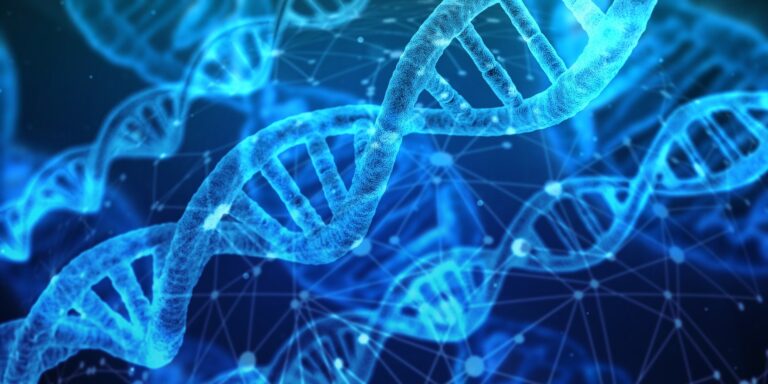It’s an exciting title: “Genetic cause of endometriosis discovered, pointing to new drug therapy” (Haridy, 2021). But it is misleading. When you look further, it reveals it is referencing a study (Tapmeier et al., 2020) that identified “a novel genetic variant that is associated with severe cases of endometriosis” (Haridy, 2021). The article further states that “NPSR1 mutations have never before been linked with endometriosis” but “they have, however, been associated with inflammatory diseases including arthritis, inflammatory bowel disease and asthma” (Haridy, 2021). This gene was noted in endometriosis patients in a 2016 study that identified several genes associated with endometriosis (Houshdaran et al., 2016). The article also notes “not every woman with endometriosis was found to have this particular NPSR1 variant, affirming the heterogenous nature of the condition” and that the gene has a “potential role in endometriosis” that “points to the development of anti-inflammatory therapeutics targeting this mechanism” (Haridy, 2021).
We know there is a genetic component to endometriosis; however, a single gene has not been identified as the cause. This study notes that this particular gene is associated with stage III/IV endometriosis and with other inflammatory conditions. The research is identifying new potential drug targets to help with symptoms.
Genetics account for about 50% of the risk for endometriosis with the other 50% “likely owing to environmental factors” (Montgomery et al., 2020). “As with other complex diseases, genetic variants in the DNA sequence increasing endometriosis risk all have small effects, unlike most single-gene disorders” and “it is the combinations of these variants adding together that contribute to higher risks for individual women” (Montgomery et al., 2020). The science of epigenetics should also be considered.
Epigenetics is “the study of biological mechanisms that will switch genes on and off” (What Is Epigenetics, 2019). Epigenetics can be influenced by almost everything: “what you eat, where you live, who you interact with, when you sleep, how you exercise, even aging – all of these can eventually cause chemical modifications around the genes that will turn those genes on or off over time” (What Is Epigenetics, 2019). Epigenetics involved with endometriosis might include “DNA methylation and histone modification, and, other non-classic mechanisms: miRNAs and lncRNA” (Chen et al., 2020). “Increased estrogen activity and progesterone resistance are the main hormonal substrate of this disease and are associated with inflammatory response and debilitating symptoms, including pain and infertility….The regulation of receptor expression by epigenetics maybe a critical factor for endometriosis” (Chen et al., 2020).
In short, endometriosis is pretty complicated and we still have much to learn.
References
Chen, H., Malentacchi, F., Fambrini, M., Harrath, A. H., Huang, H., & Petraglia, F. (2020). Epigenetics of estrogen and progesterone receptors in endometriosis. Reproductive Sciences, 1-8. Retrieved from https://link.springer.com/article/10.1007/s43032-020-00226-2
Haridy, R. (2021). Genetic cause of endometriosis discovered, pointing to new drug therapy. Retrieved from https://newatlas.com/science/genetic-cause-endometriosis-inflammation-new-drug-therapy/
Houshdaran, S., Nezhat, C. R., Vo, K. C., Zelenko, Z., Irwin, J. C., & Giudice, L. C. (2016). Aberrant endometrial DNA methylome and associated gene expression in women with endometriosis. Biology of reproduction, 95(5), 93-1. Retrieved from https://doi.org/10.1095/biolreprod.116.140434
Montgomery, G. W., Mortlock, S., & Giudice, L. C. (2020). Should genetics now be considered the pre-eminent etiologic factor in endometriosis?. Journal of minimally invasive gynecology, 27(2), 280-286. Retrieved from https://doi.org/10.1016/j.jmig.2019.10.020
Tapmeier, T. T., Rahmioglu, N., Lin, J., Obendorf, M., de Leo, B., Montgomery, G., … & Zondervan, K. T. (2020). Neuropeptide S Receptor 1 is a Novel Non-Hormonal Treatment Target in Endometriosis. Reproductive Sciences, 27(SUPPL 1), 130A-130A. Retrieved from https://stm.sciencemag.org/content/13/608/eabd6469
What Is Epigenetics. (2019). A Super Brief and Basic Explanation of Epigenetics for Total Beginners. Retrieved from https://www.whatisepigenetics.com/what-is-epigenetics/

